Little Richard, Rock's Flashy Founding Father, Dies At 87
Little Richard, whose outrageous showmanship and lightning-fast rhythms intoxicated crowds with hits like "Tutti Frutti" and "Long Tall Sally," has died. He was 87 years old.
Reverend Bill Minson, a friend of the legendary musician, told AFP Little Richard died Saturday morning following a battle with cancer.
With a distinctive range from robust belting to howling falsetto, Richard transfixed audiences and inspired artists including The Beatles as he transformed the blues into the feverish new style of rock 'n' roll alongside Fats Domino and Chuck Berry.
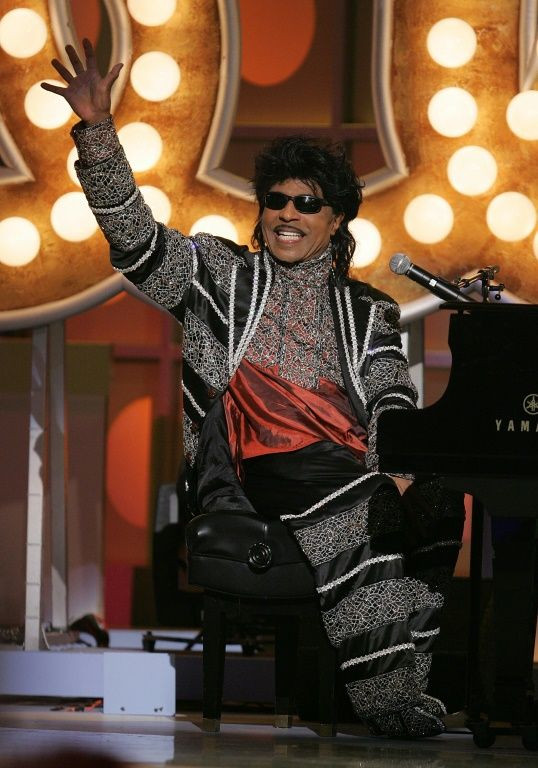
His raunchy 1955 song "Tutti Frutti" became a sort of opening salvo of rock 'n' roll's entry into American life, starting with his nonsensical but instantly thrilling first line: "Awop bop a loo mop / Alop bam boom."
Richard stunned buttoned-down post-World War II America with an otherworldly look of blindingly colorful shirts, glass-embedded jackets, a needle-thin moustache and a six-inch (15-centimeter) high pompadour.
A consummate entertainer, he would play piano with one leg hoisted over the keys and, in one legendary concert in Britain, played dead on stage so effectively that the venue sought medical help before he resurrected himself to an astounded crowd.
Richard's lifestyle -- he spoke fondly of bisexual orgies -- became the epitome of rock 'n' roll decadence.
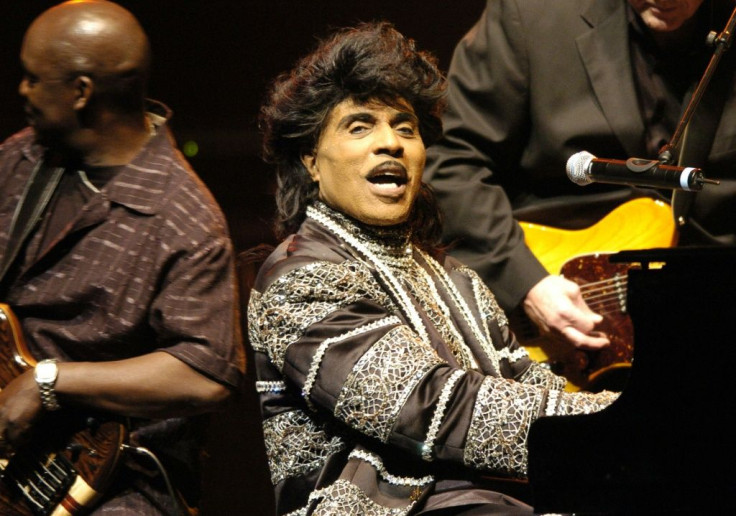
But he never became an obvious icon for the African-American or gay communities.
Once openly -- by standards of the time -- attracted to men, Richard became a born-again Christian and renounced homosexuality as a temporary choice, anathema to the modern gay rights movement and psychologists.
And while he was one of the first African-American artists to cross the racial divide, a younger generation of black DJs had little interest in an artist seen as embedded in the white mainstream.
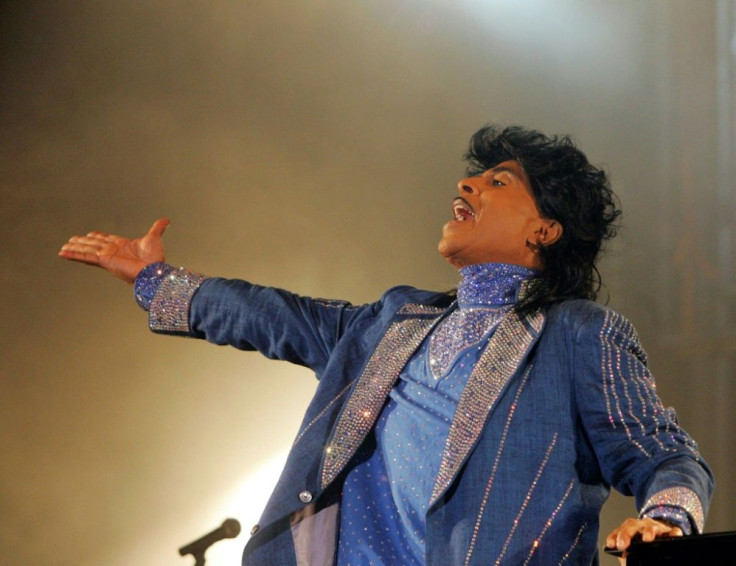
But his influence was incalculable. Early white rockers including Buddy Holly, Jerry Lee Lewis and Elvis Presley all pursued Richard's sound.
The upstart Beatles and Rolling Stones served separately as opening acts when Richard toured England, and a young Jimi Hendrix and members of Earth, Wind and Fire played in his back-up band.
"He was the biggest inspiration of my early teens," Mick Jagger tweeted Saturday.
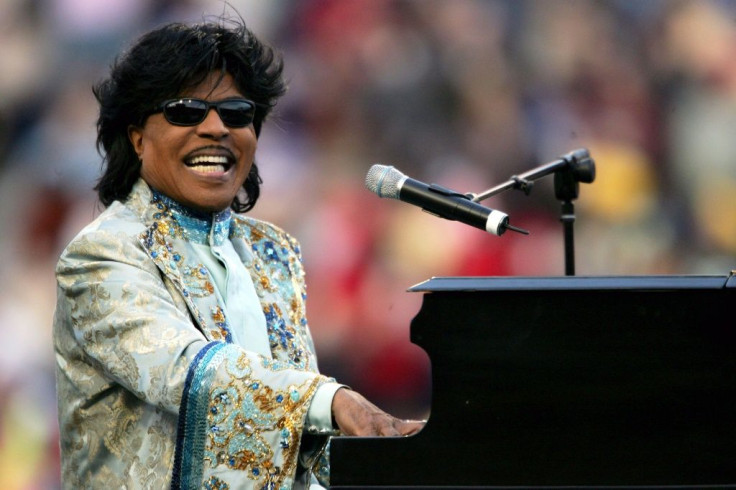
"His music still has the same raw electric energy when you play it now as it did when it first shot through the music scene in the mid 50's."
Bob Dylan called Richard "my shining star and guiding light back when I was only a little boy. His was the original spirit that moved me to do everything I would do."
"Of course he'll live forever," he said in a series of tweets. "But it's like a part of your life is gone."
David Bowie was mesmerized when he saw one of Richard's movies, with the then nine-year-old deciding to learn the saxophone and later saying, "If it hadn't have been for him, I probably wouldn't have gone into music."
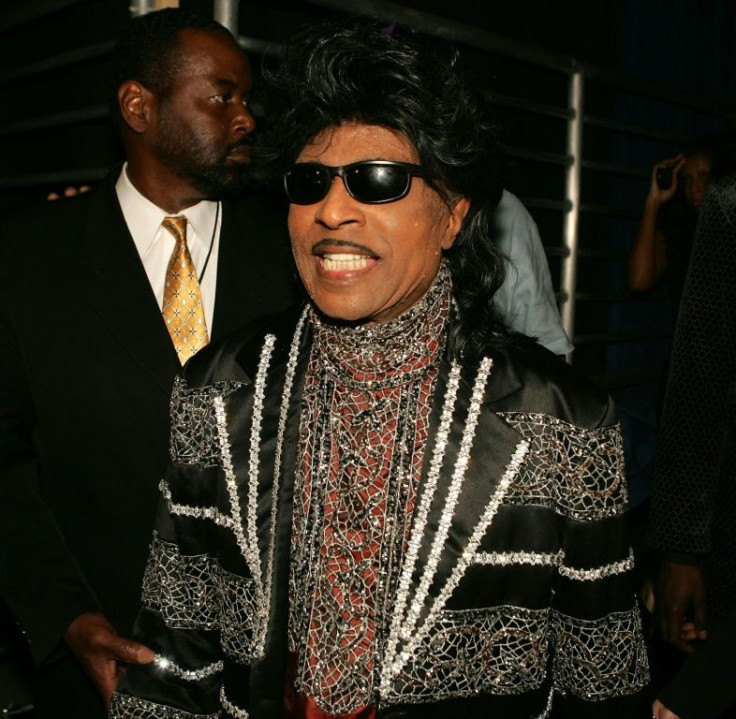
The superstar was aware of the debt his successors owed him. "Prince is the Little Richard of his generation," he told Joan Rivers in 1989.
He then turned to face the camera directly and said: "I was wearing purple before you was wearing it!"
The estate of Prince, who died in 2016, said Saturday that Richard "didn't just open doors, he smashed entire walls to pieces to make way for all who would come after him."
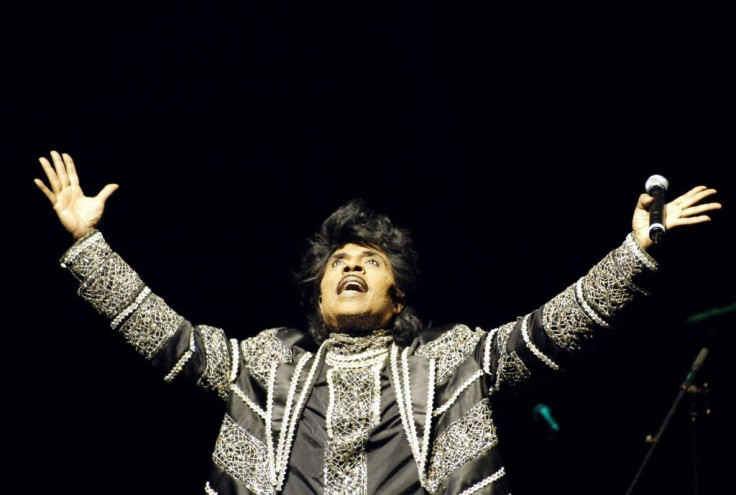
Born Richard Wayne Penniman on December 5, 1932, he was raised in grinding poverty in Macon, Georgia. His father sold bootleg liquor and owned a tavern, where he was shot dead in a dispute when Richard was starting his career.
Richard, despite his stage name, stood a skinny five-foot-10 (1.8 meters) and was born with different sized legs. A mischievous child, he lingered in churches for their music and was noticeably effeminate.
In his 1984 authorized biography, Richard recalled his father telling him, "'My father had seven sons and I wanted seven sons. You've spoiled it, you're only half a son.'"
"And then he'd hit me. But I couldn't help it. That was the way I was," Richard said.
A key break came in 1947 when gospel singer Sister Rosetta Tharpe spotted him singing at the Macon City Auditorium, where Richard sold soft drinks.
Richard had developed a low-key career singing around Georgia, including in underground drag performances, when he was approached by record labels.
Success was not immediate. Early recording ventures with RCA Victor and Peacock Records fell flat.
Richard never thought to record "Tutti Frutti," a staple of his live performances driven by frantic piano and whose lyrics -- in a wink likely lost on many -- were a light-hearted depiction of anal sex: "Tutti frutti / Good booty... If it don't fit / Don't force it."
But the song caught the ear of Bumps Blackwell, a producer from Specialty Records, which had reluctantly signed Richard after he persistently phoned its office.
Blackwell asked young songwriter Dorothy LaBostrie to quickly pen some more radio-friendly lyrics.
Within 15 minutes and only three takes, Little Richard had recorded his defining hit, now with the tame lines: "Tutti frutti / Aw rootie... I've got a girl named Sue / She knows just what to do."
The song -- with its infectious rhythm, high decibel level and lingering sense of naughtiness -- triggered an unprecedented reaction.
In a 1956 Baltimore concert, women threw underwear as police prevented fans from rushing the stage or leaping from the balcony in euphoria.
"Richard arrives and he's attacking the piano; he's banging on it. He's not crooning; he's screaming," said Chris Morris, a music scholar who remastered his 1957 album "Here's Little Richard."
"There had never really been a figure who came out of R&B who was that extroverted or loud or wild."
Richard followed with 1956's "Good Golly, Miss Molly."
But then he abruptly canceled a tour and became a missionary for the evangelical Church of God.
His turn to religion complicated his relationship with the music world -- but his legacy as a titan who ushered in a new musical age held.
Tributes poured in Saturday, with Chic co-founder Nile Rodgers mourning "the loss of a true giant" and former president Bill Clinton hailing his "unforgettable charisma."
Questlove of The Roots was more emphatic: "LITTLE RICHARD is THE TRUE KING. LONG LIVE THE KING."
© Copyright AFP 2024. All rights reserved.





















